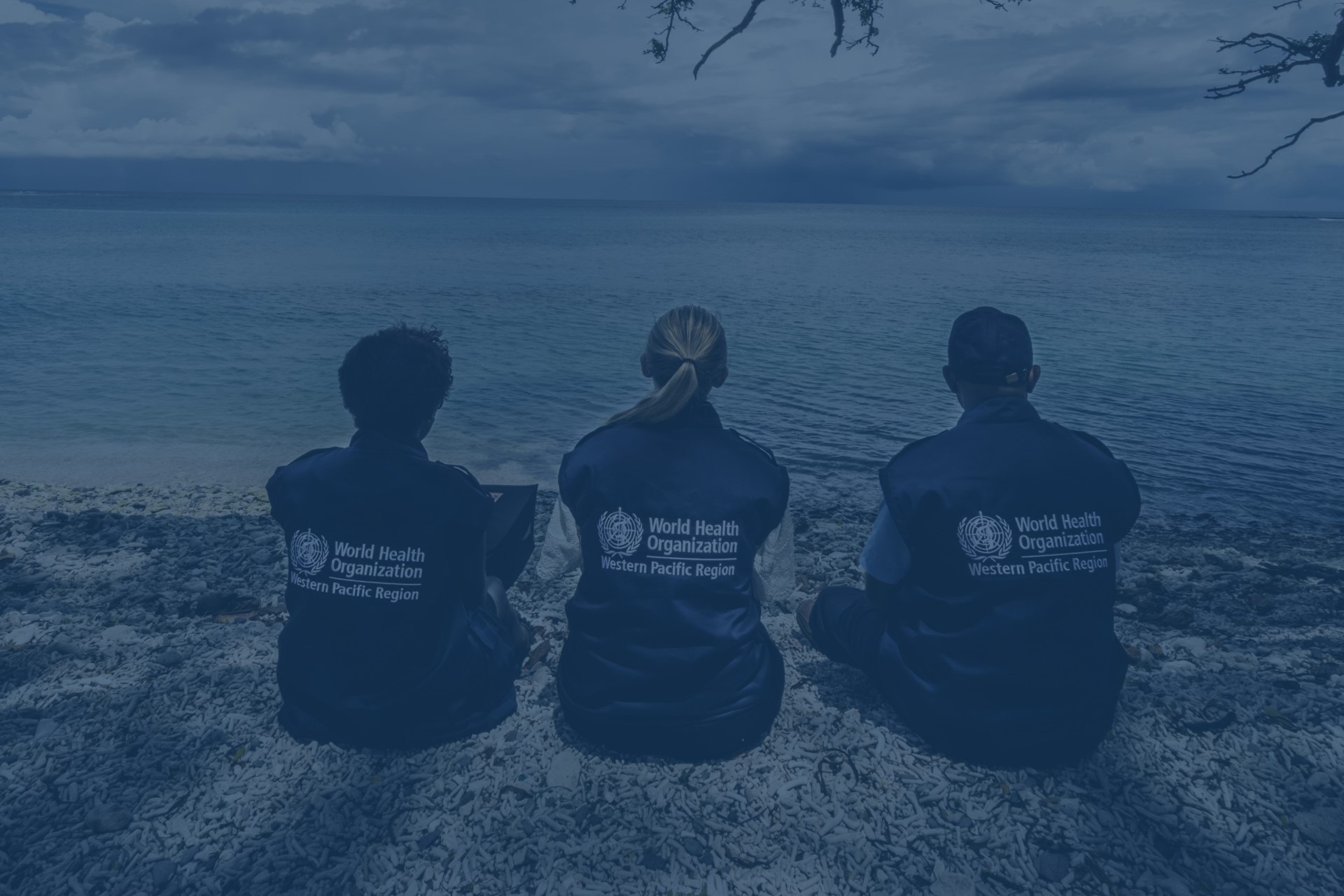
WHO PRESENCE IN COUNTRIES,
TERRITORIES AND AREAS
2025 REPORT
Stronger WHO country presence for a healthier and safer world

Director-General's foreword
The achievement of WHO’s founding vision – the highest attainable standard of health as a fundamental right for all people – stands or falls by our ability to deliver results in countries.
One of WHO’s unique comparative advantages is its on-the-ground presence in countries, through its global network of country offices. Over the past eight years we have embarked on the largest transformation in WHO’s history to drive impact in countries. Transformation initiatives enabled WHO to respond better to the COVID-19 pandemic, but the pandemic also exposed the need to further strengthen WHO’s country presence to support our Member States more closely, more effectively and more efficiently.
In 2023, we asked WHO Representatives to tell us what they need to deliver better. They asked us to equip country offices with the financial and human resources to match country needs and position them to deliver; to enable country offices through capacity building; to empower country offices, with more delegation of authority, and the ability to create multi-sectoral partnerships; and to engage country offices, with more participation in decision making, bottom-up prioritization and enhanced communications and visibility.
In response, we established the Action for Results Group, made up of WHO representatives from all six regions, to develop a plan for country office strengthening.
This report reflects progress in the implementation of that plan. It shows that leadership in country offices is now more empowered, with greater delegation of authority to make timely operational decisions; that predictable and sustainable financing for country offices has increased; that our workforce is becoming more predictable, with 2000 core positions established in country offices; and that nearly all country offices have expanded partnerships with other sectors in pursuit of national health goals.
This report, published for the first time on a web-based platform, provides greater breadth and depth of information, that is easier to access and assess.
We live at a time of significant headwinds for global health in general, and for WHO in particular. Nevertheless, our commitment to strengthening country offices remains unchanged. Our world needs a strong WHO, working at the global level to develop the norms, standards and other technical products that countries need, and working on the ground to tailor those products for the local context, and translate them into a measurable impact in the lives of the people we serve.

Ethiopia: Cholera Outbreak sparks urgent prevention measures in affected regions - 31 August 2023
Feature story
In 2023, as the World Health Organization (WHO) marked its 75th anniversary, the Organization began making sweeping changes to strengthen its foundations on the ground, with incremental but momentous steps taken to empower and better resource its 153 country offices across the world.
A plan underway proposes the most significant reforms ever seen for country offices in WHO’s history.WHO country offices
Explore WHO's country presence
Demonstrates how WHO’s 153 country offices drive impact. Explore WHO’s country level priorities, workforce, financing, actions, partnerships, staffing, achievements and more.

Country level capacities
Cultivating an empowered, fit-for-purpose workforce
Provides details on WHO’s evolving country office workforce. WHO's commitment to strengthening its country offices is paving the way for building a country presence that enables WHO to be responsive, impactful and relevant in countries.
“Ensuring responsive leadership and a fit-for-purpose workforce in WHO country offices is at the heart of the transformation agenda that has guided the reform of the WHO Secretariat in the African Region over the last 10 years. As a result of our focus on the values of excellence, integrity, innovation and accountability, we have effectively supported our Member States in enhancing their health security capacities, strengthening health systems and advancing progress towards universal health coverage, accelerating progress towards disease control, eradication and elimination targets, and promoting health by addressing social determinants of health.”
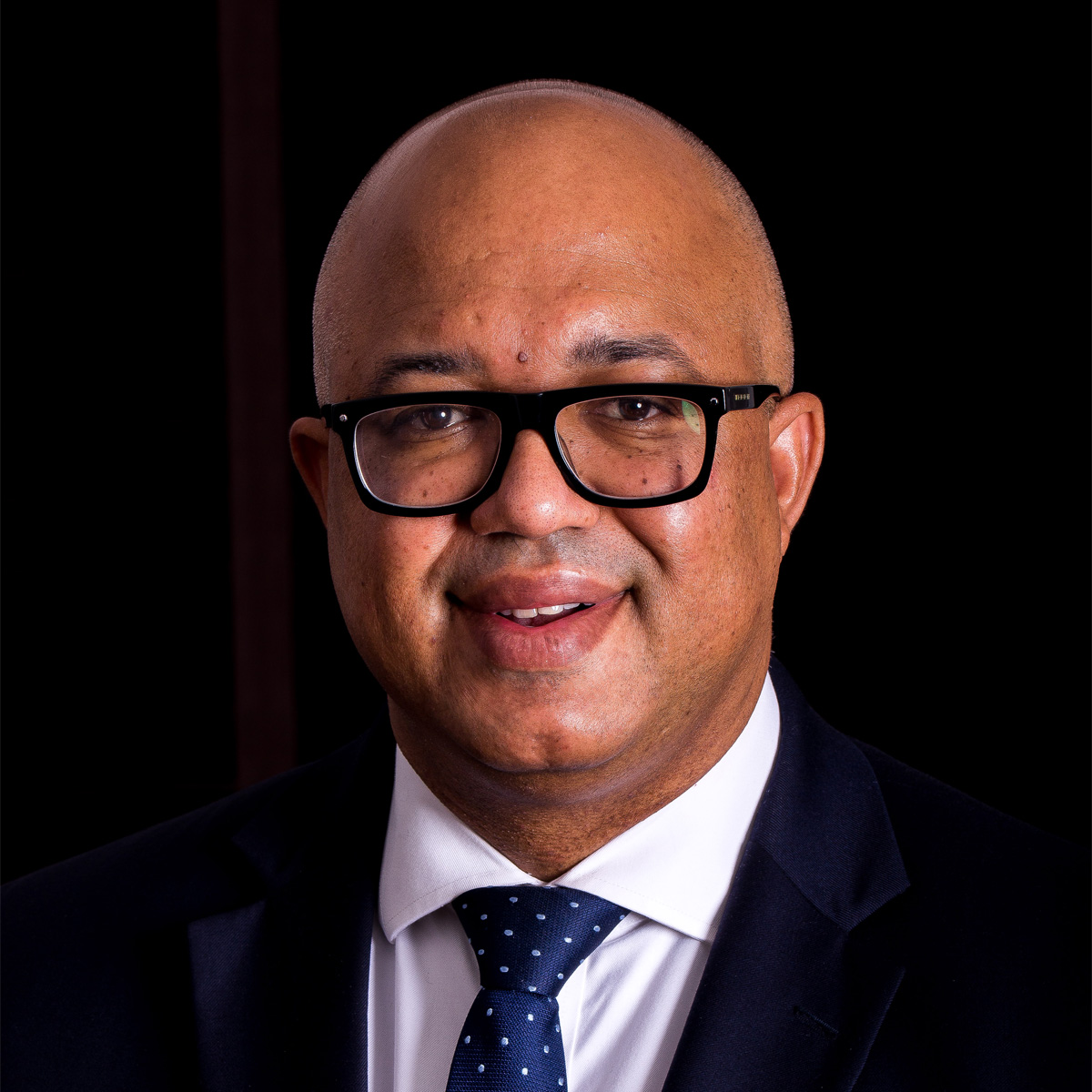
--Dr Chikwe Ihekweazu, Acting WHO Regional Director for Africa
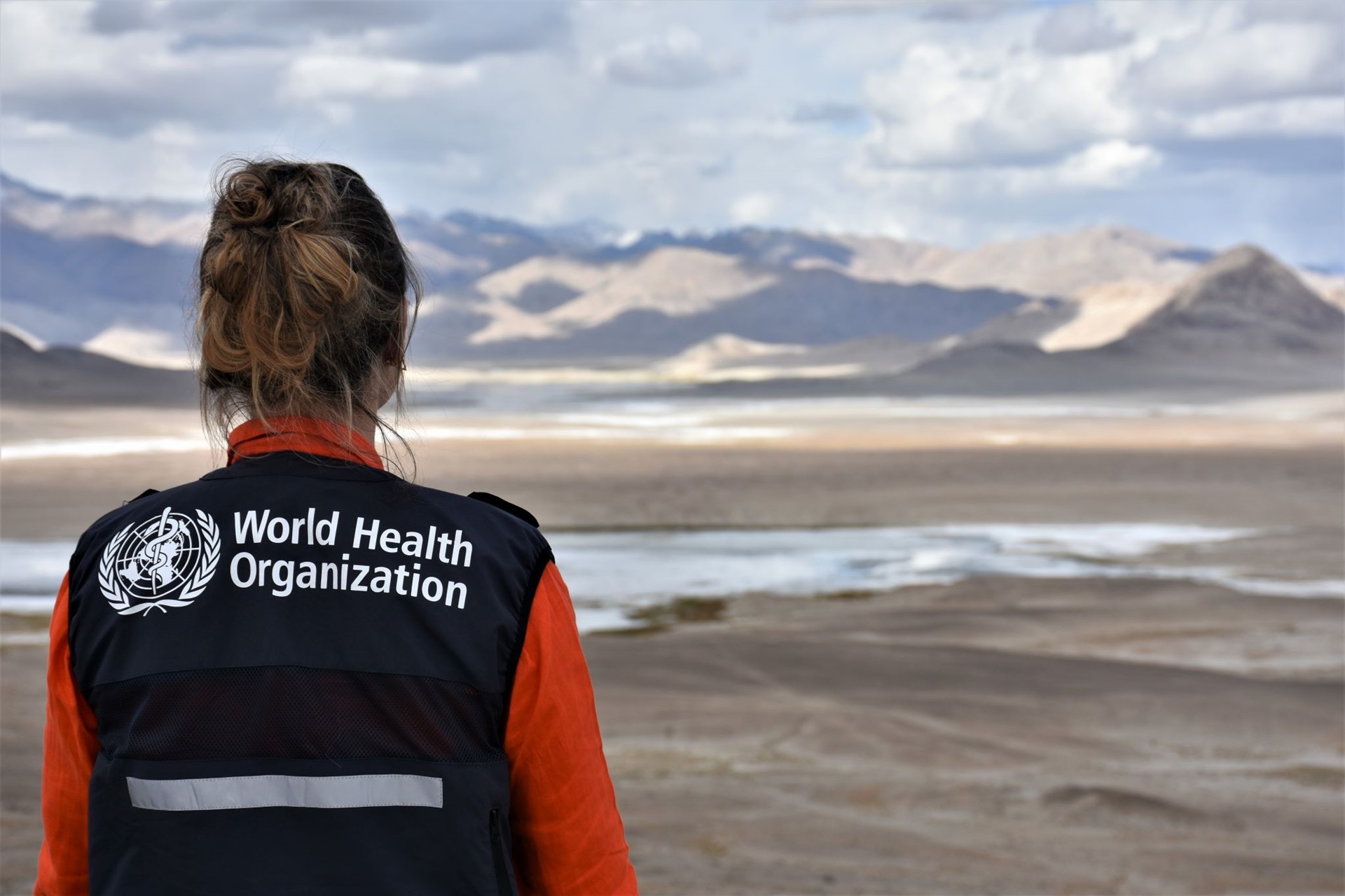
"The WHO Western Pacific Region spans 37 countries and areas, tailoring health initiatives to local contexts through its regional and country offices. It promotes gender equality, with women holding 43% (P6/D1), 53% (P5) and 54% (P4) of international leadership roles as of March 2025. By April 2025, 70 nationalities were represented across offices, fostering diversity. The top 10 contributing nationalities include the Philippines, United States of America, Japan, Australia, Republic of Korea, India, China, United Kingdom, Mongolia and Fiji, creating a rich multicultural workforce committed to impactful and inclusive public health action."
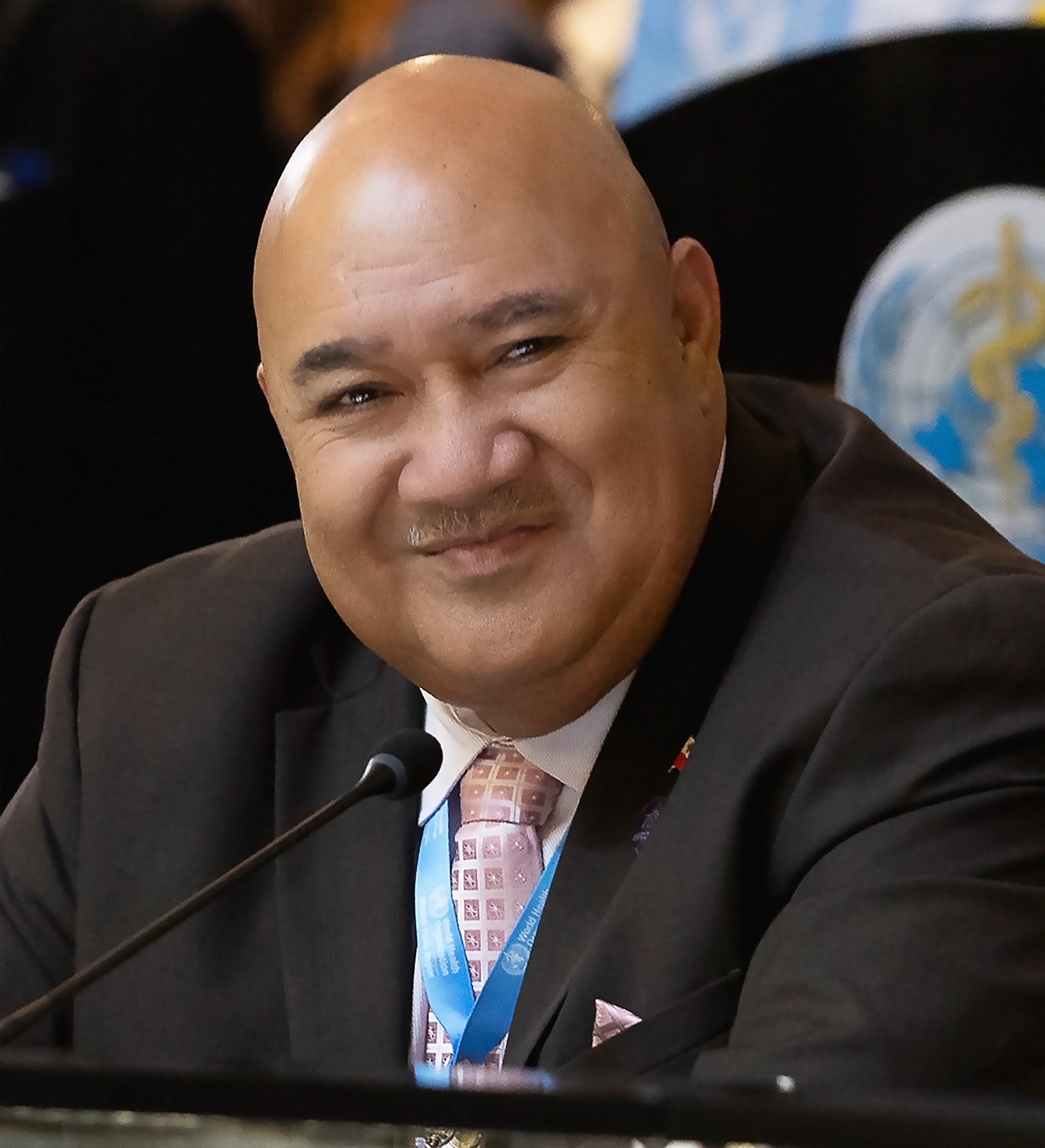
-Dr Saia Ma'u Piukala, WHO Regional Director for the Western Pacific
Financing of country offices
Sustainable financing for country impact
Gain insights into how WHO finances its country-level operations, including trends in flexible funding, reliance on voluntary contributions, and prioritization of resources for countries with the greatest technical support needs.
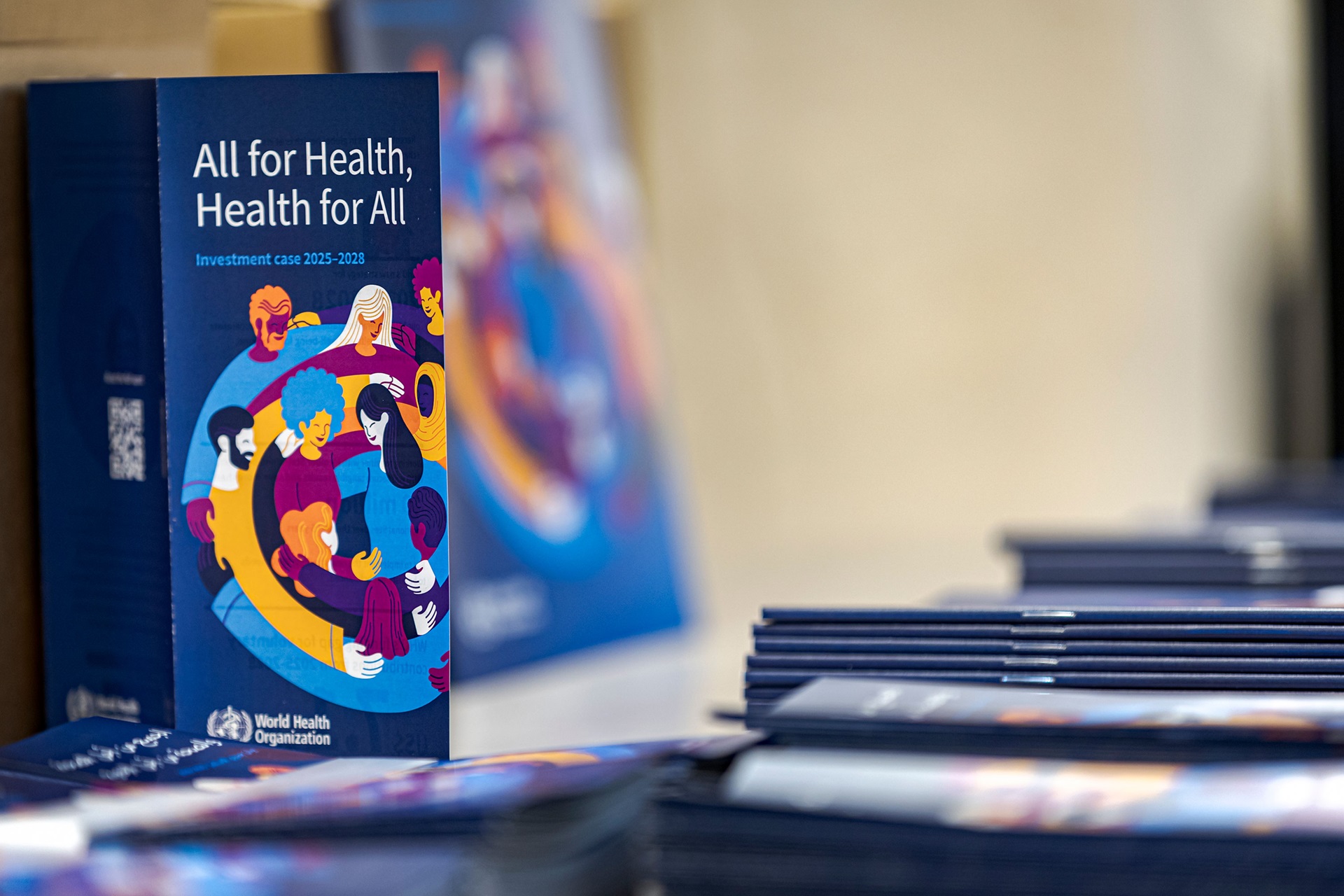
Seventy-seventh World Health Assembly, Geneva, Switzerland, 27 May – 1 June 2024
Country level functions and work
Countries at the centre of our work
Dive into how WHO’s differentiated country support delivers context-specific, flexible and responsive solutions to address each country’s unique health challenges.
“At the Regional Office for the Americas, we prioritize the health and well-being of our population by focusing on impactful initiatives. In cooperation with Member States and partners, we aim to eradicate over 30 diseases in the Americas by 2030, transform public health through advanced digital solutions, accelerate the integration of comprehensive noncommunicable disease services in primary health care, ensure countries have timely and transparent access to quality supplies at affordable prices through regional revolving funds, and commit to eliminating maternal deaths across the region.”
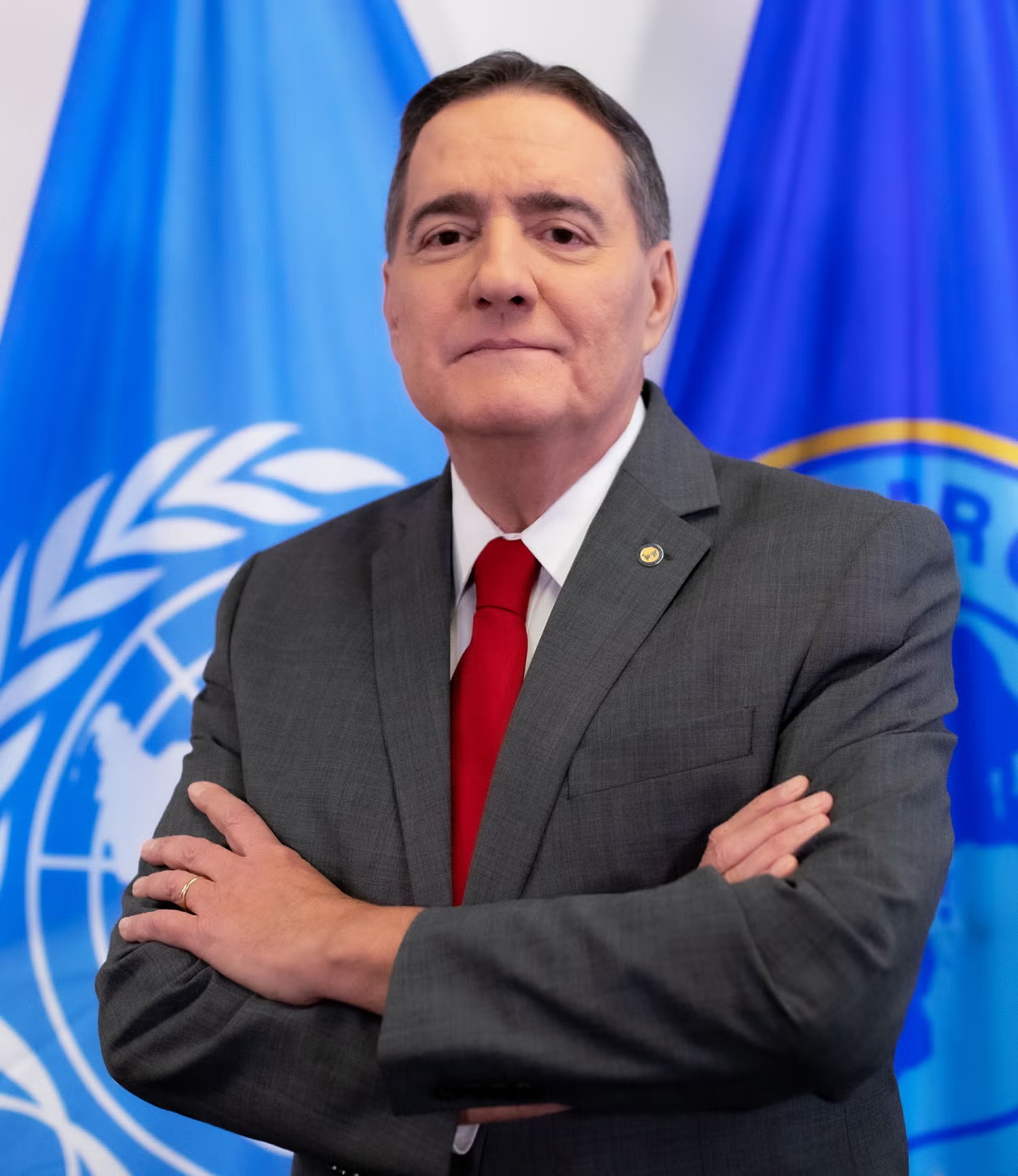
-Dr Jarbas Barbosa da Silva Jr, WHO Regional Director for the Americas
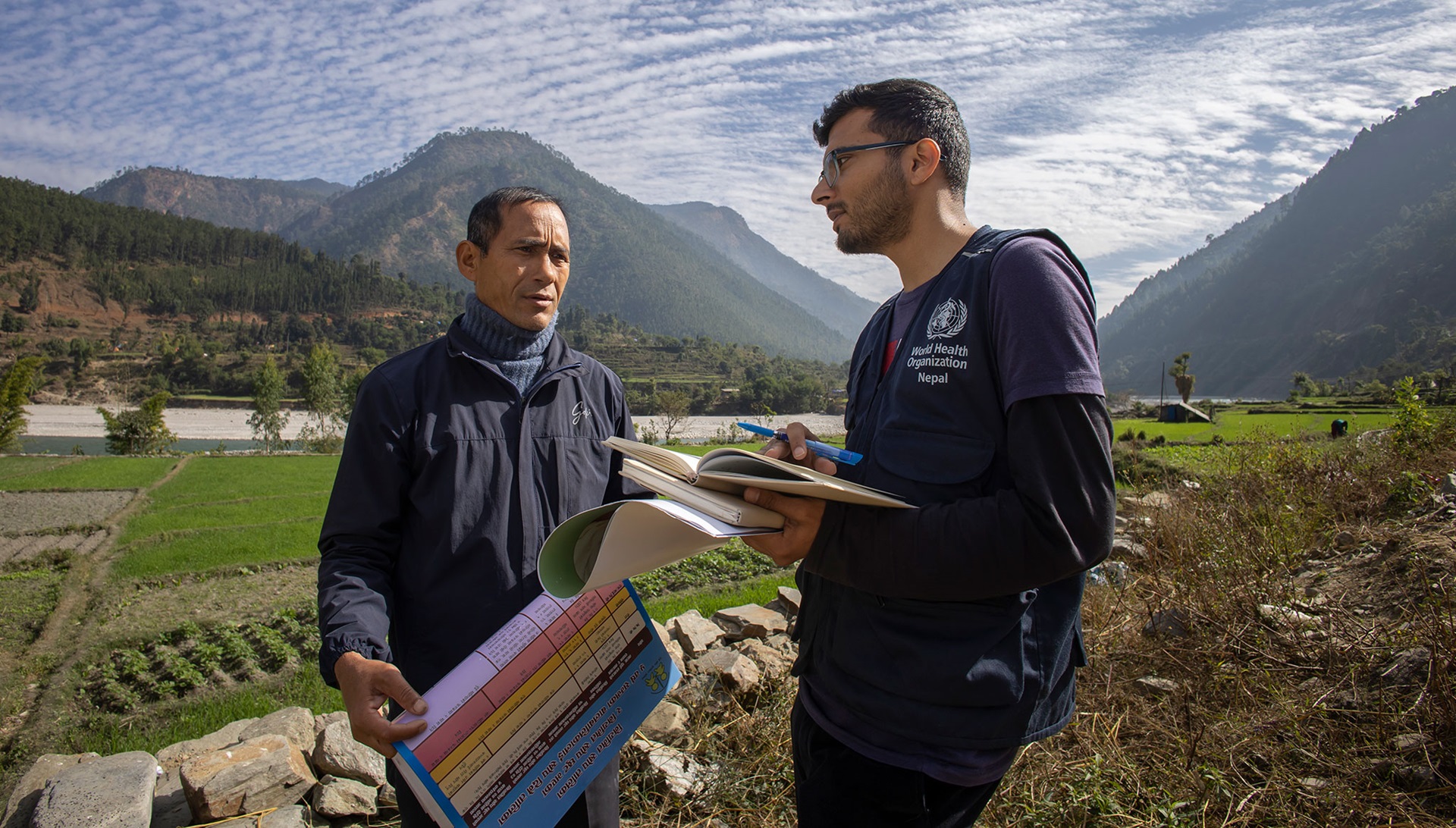
Dr Prabin Poudel (Right) (Field Medical Officer from WHO Nepal) interacting with Birbhan Budhathok (Left) (Public Health Inspector) at Chinabagar - 1, Sanibheri, West Rukum on Dec 01, 2023.
“WHO’s success is measured by our impact in countries – driven by our collaboration with governments and partners, and led by our country offices. Together, we have delivered life-saving interventions in emergencies, protected millions from disease, strengthened health systems and helped nations forge healthier futures. Our Regional Strategic Operational Plan outlines how we will support Member States in achieving further health gains by 2028. Tailored country cooperation strategies align national health plans with global goals, while our flagship initiatives address the Region’s health workforce shortages, inequities in access to medicines and the growing challenge of substance use. In these uncertain times, ensuring our country offices are equipped and empowered to deliver for the people we serve remains our priority.”
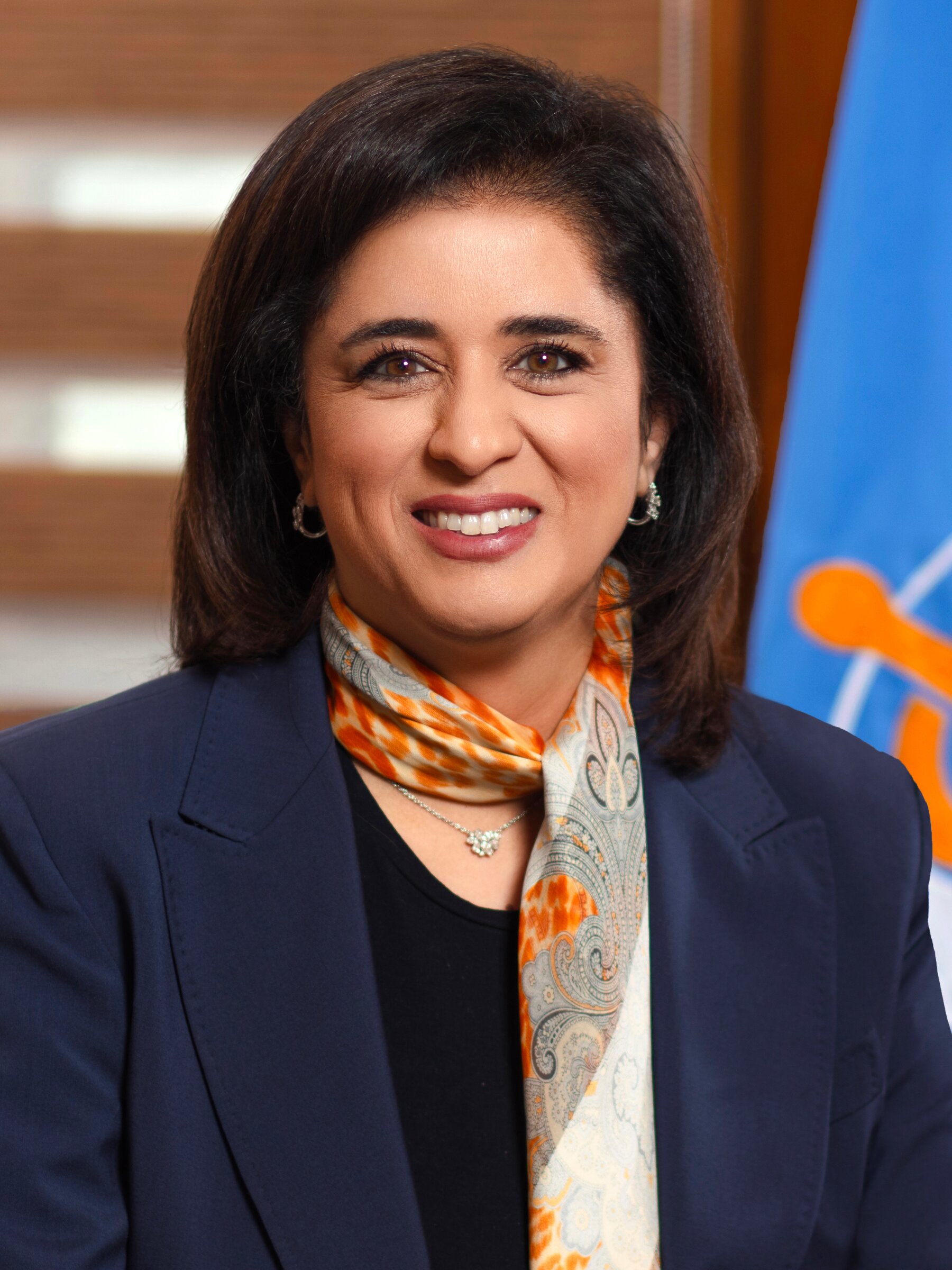
-Dr Hanan Balkhy, WHO Regional Director for the Eastern Mediterranean
Country level partners
Explains and provides examples of WHO’s country office collaboration to expand its capacities to help Member States deliver on their priorities. Through partnerships, WHO amplifies its leadership in global health, uniting Member States, experts and resources to maximize impact where it is needed most.
“The WHO South-East Asia Regional Roadmap for Results and Resilience provides a strategic framework to accelerate progress toward universal health coverage and health-related Sustainable Development Goals. It promotes country-led, people-centred approaches that strengthen primary health care, build resilient health systems and advance equity. Priorities include expanding essential services, boosting health workforce capacity, embracing digital health and enhancing emergency preparedness. Aligned with the Regional Office’s country-first approach, reflected in 75% of its budget being allocated to country offices, the roadmap emphasizes multisectoral collaboration, innovative financing and strategic partnerships. Clear milestones and accountability guide Member States toward inclusive, resilient and measurable health outcomes.”
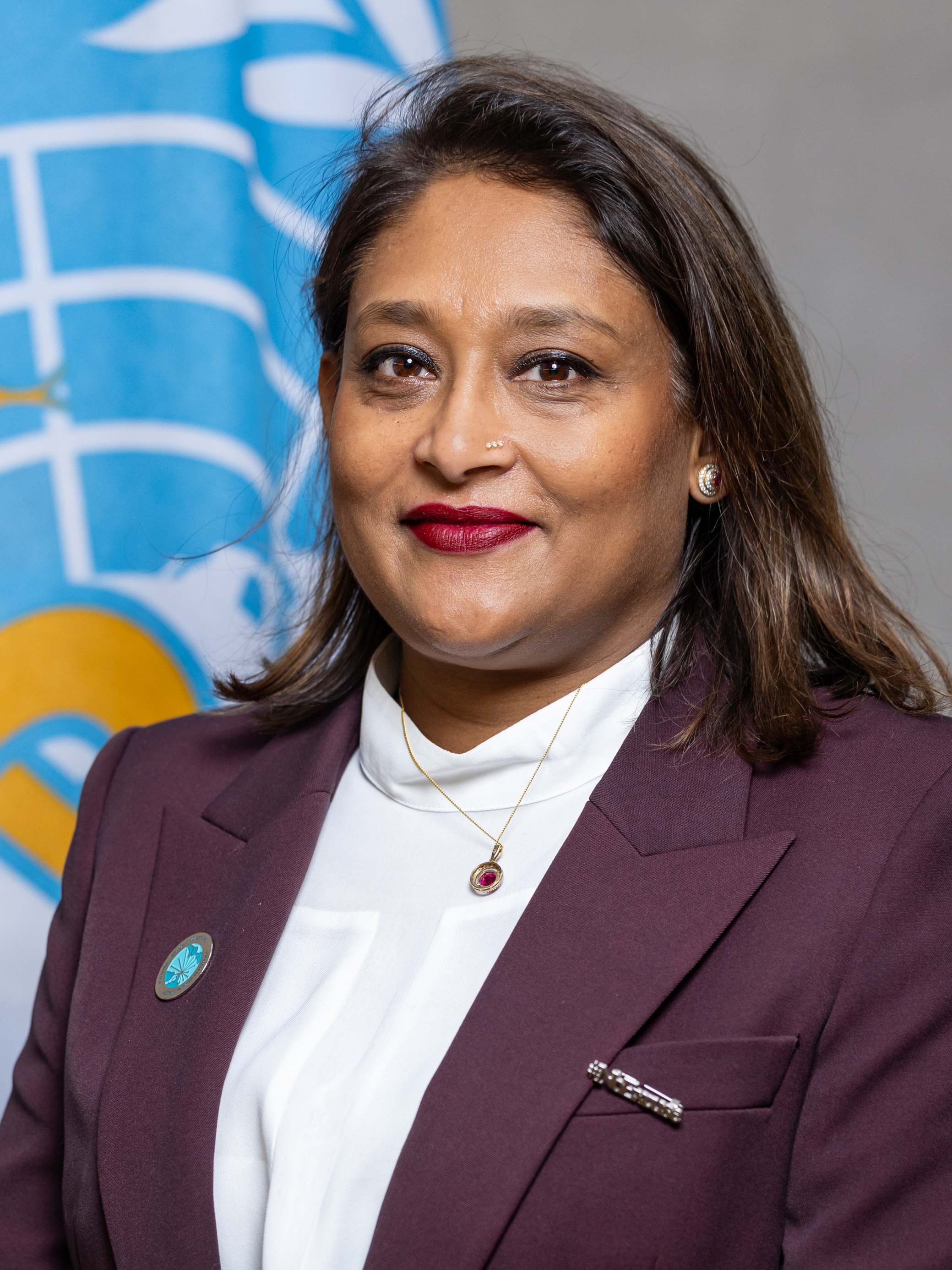
-Ms Saima Wazed, WHO Regional Director for South-East Asia
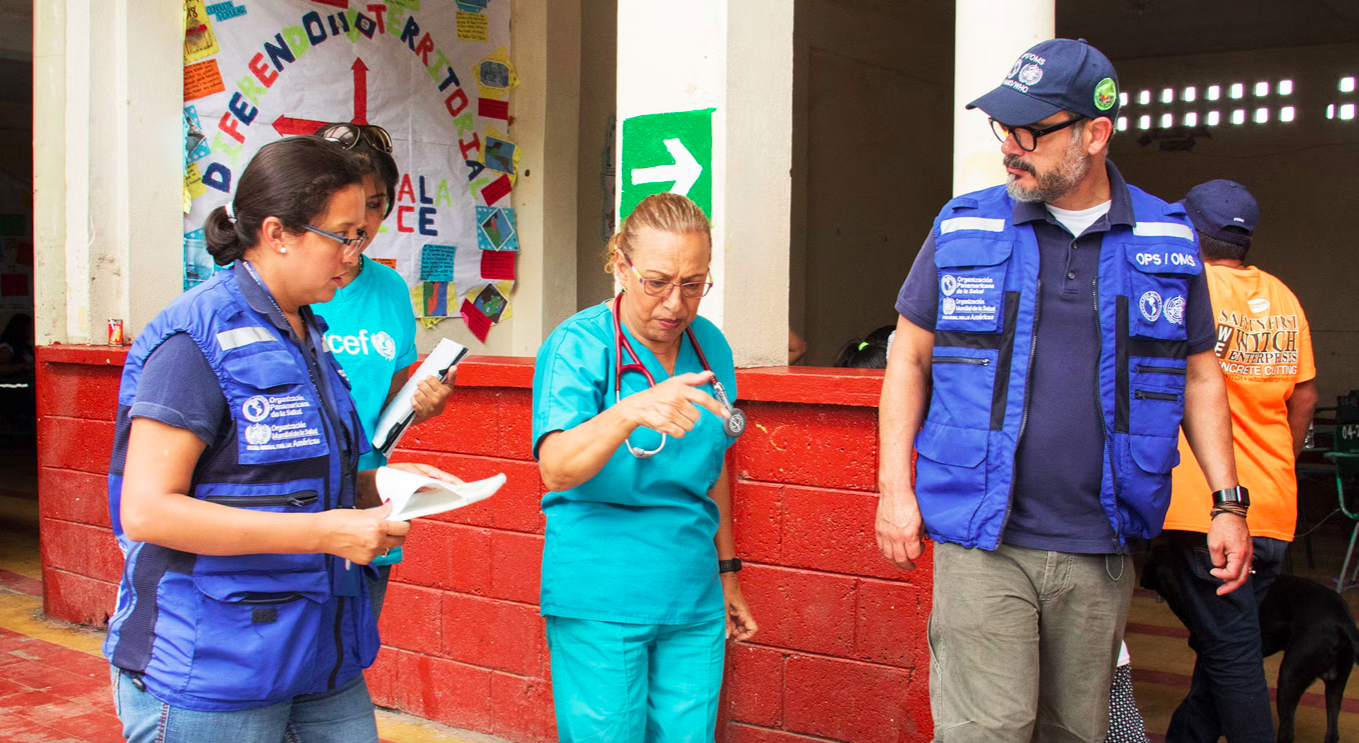
“United Action for Better Health’ is the principle that has guided our work in the WHO European Region for the past five years. Over that time, we have established an active Youth4Health network, extended flourishing relationships with non-state actors, built closer ties to collaborating centres, initiated productive exchanges with private sector associations, introduced innovative financing mechanisms, and launched a new strategy to guide our work with countries. Partnership is now driving the development of the Second European Programme of Work for 2026–2030. Built on insights and ideas from our most extensive regional consultation ever, this health agenda is co-created with countries, and co-owned by people, professionals and partners.”
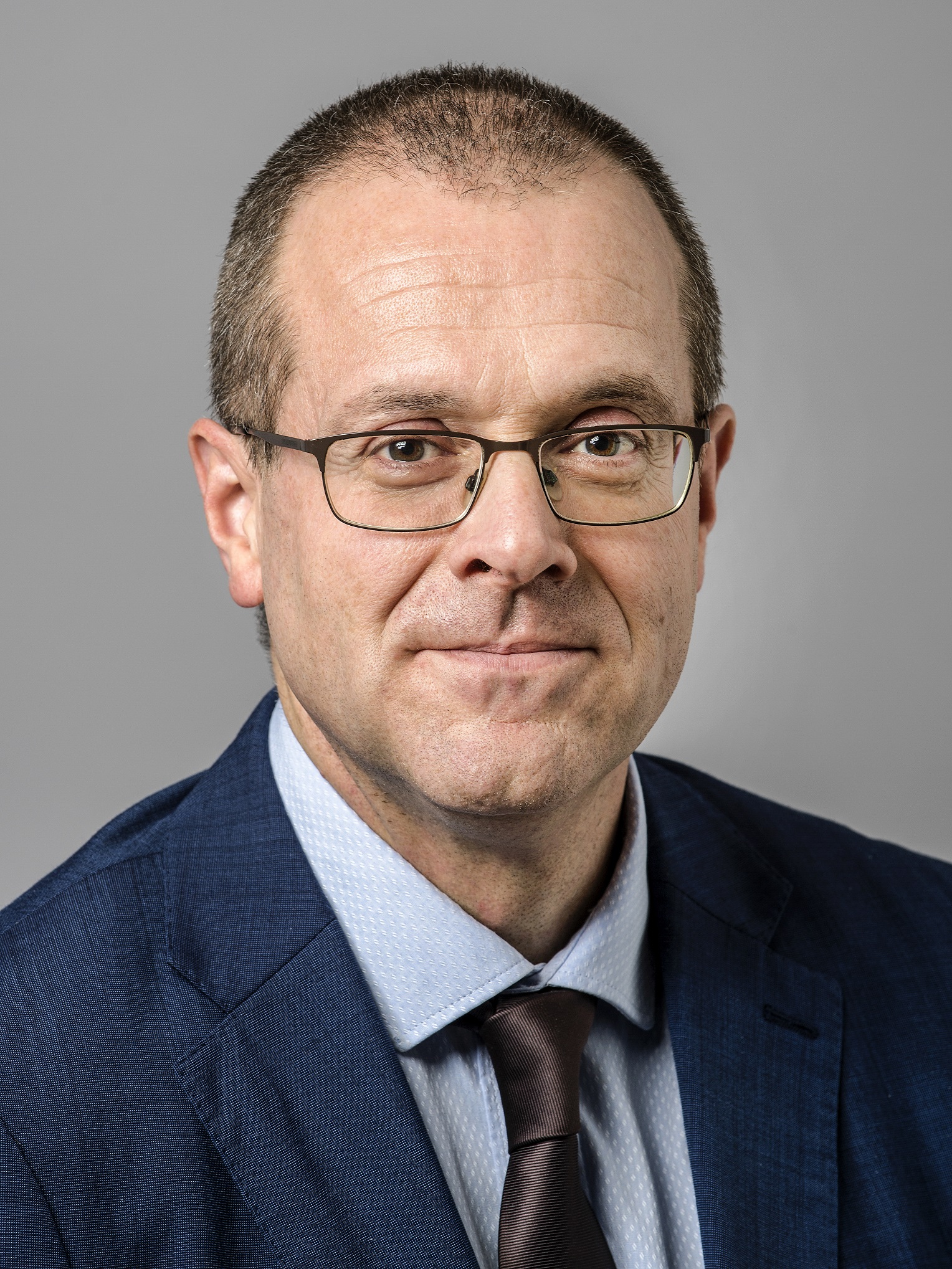
-Dr Hans Henri P. Kluge, WHO Regional Director for Europe
